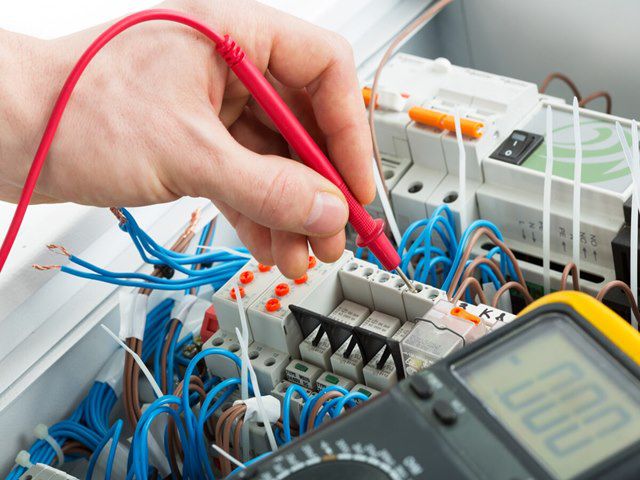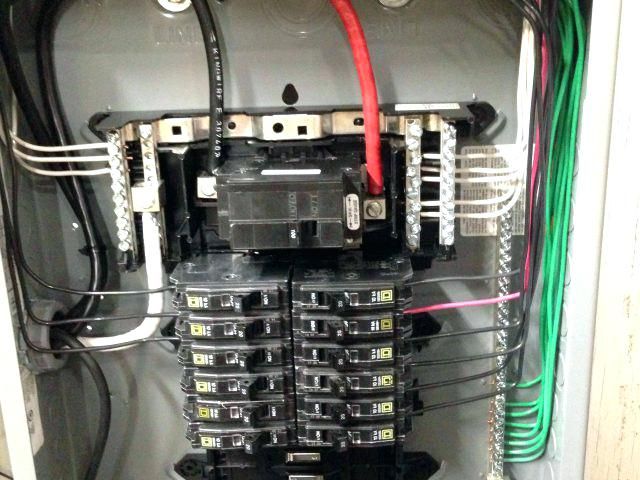
Electrical Code Requirements for Homeowners
When it comes to the electrical systems in our homes, safety should be a top priority. Electrical codes and regulations are put in place to ensure that homes are wired and equipped in a way that minimizes the risk of electrical hazards and promotes the safety of occupants. As a homeowner, it’s important to have a basic understanding of electrical code requirements to ensure your home meets the necessary standards. In this blog post, we will explore key electrical code requirements that every homeowner should be aware of to maintain a safe and compliant electrical system.
Permits and Inspections:
Before starting any electrical work, it’s essential to obtain the necessary permits from your local building department. Permit requirements may vary depending on the scope of the project, but it’s crucial to adhere to the regulations in your area. Additionally, most electrical projects require inspections at various stages to ensure compliance with the electrical code. Contact your local building department to schedule inspections and ensure that your electrical work meets the required standards.
Grounding and Bonding:
Proper grounding and bonding are fundamental requirements for electrical safety. Grounding provides a pathway for electrical current to safely dissipate in the event of a fault or short circuit. This helps prevent electric shocks and reduces the risk of electrical fires. Bonding, on the other hand, ensures that all metal components within the electrical system, such as electrical panels and appliances, are interconnected and maintained at the same electrical potential. Grounding and bonding requirements are outlined in the electrical code and must be followed during the installation and maintenance of electrical systems.

Outlet Placement and Spacing:
The electrical code specifies requirements for outlet placement and spacing to ensure that electrical devices can be safely and conveniently used throughout the home. Generally, outlets should be installed at regular intervals along walls, with specific requirements for kitchens, bathrooms, and outdoor areas. Kitchen countertops, for example, typically require outlets to be placed every four feet to facilitate the use of small appliances. It’s important to adhere to these requirements to prevent the overloading of outlets and the use of extension cords, which can pose safety hazards.
AFCI and GFCI Protection:
Arc Fault Circuit Interrupters (AFCIs) and Ground Fault Circuit Interrupters (GFCIs) are safety devices designed to protect against electrical hazards. AFCIs detect dangerous electrical arcing that can cause fires and immediately shut off power to the affected circuit. GFCIs, on the other hand, monitor the flow of electricity and quickly cut off power if they detect a ground fault or electrical imbalance. The electrical code mandates the use of AFCI protection in certain areas of the home, such as bedrooms and living rooms, while GFCI protection is required in areas where water is present, like kitchens, bathrooms, and outdoor outlets.
Electrical Panel Requirements:
The electrical panel is the heart of the electrical system in your home. It distributes electricity to various circuits throughout the house and protects against electrical overloads. The electrical code specifies requirements for panel installation, including proper labeling, clearances, and accessibility. It’s important to ensure that your electrical panel meets these requirements to ensure safe operation and easy identification of circuits during maintenance or emergencies.
Smoke and Carbon Monoxide Detectors:
Smoke detectors and carbon monoxide detectors are crucial for early detection of fire and harmful gases. The electrical code outlines requirements for the placement, number, and type of detectors required in residential buildings. Typically, smoke detectors should be installed in every bedroom, in common areas, and on each level of the home. Carbon monoxide detectors are usually required near bedrooms and any fuel-burning appliances. Follow the electrical code requirements for detectors to ensure optimal safety for you and your family.
Understanding and adhering to electrical code requirements is vital for homeowners to ensure the safety and compliance of their electrical systems. From obtaining permits and scheduling inspections to follow guidelines for grounding, outlet placement, AFCI and GFCI protection, electrical panel requirements, and smoke and carbon monoxide detectors, compliance with the electrical code promotes a safe living environment. Remember, electrical codes may vary by jurisdiction, so it’s important to consult with local building authorities or hire a qualified electrician to ensure your electrical work meets the necessary requirements which you can see their article. By prioritizing electrical code compliance, you can enjoy peace of mind and safeguard the well-being of your home and loved ones.
